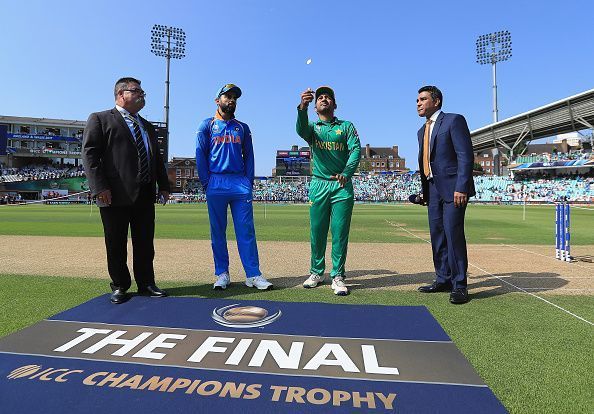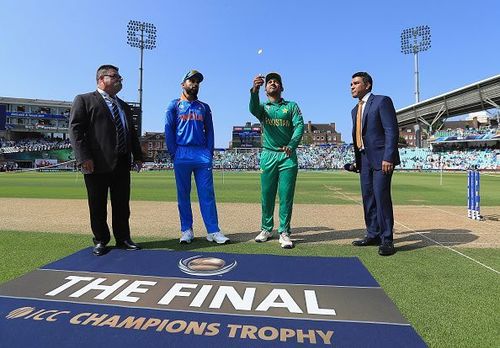
Three international captains report approach by match-fixers to the ICC

What’s the story?
The International Cricket Council (ICC) is investigating seven life cases of match-fixing, after it emerged that three international captains had been approached by potential fixers in the last month and a half.
Pakistan captain Sarfraz Ahmed, who led his side to a Champions Trophy win earlier this year, informed ICC’s anti-corruption unit about an approach by a potential fixer during a one-day series against Sri Lanka.
Previously, Zimbabwe captain Graeme Cremer had also reported a similar approach. The identity of the third international captain is still unknown.
In case you didn’t know…
Cremer alleged that a Zimbabwe Cricket Board member had approached him during the recent two-Test series against West Indies, to fix a portion of one of the games. The incident took place before the first game on October 21, after which Cremer informed head coach Heath Streak of the same.
The heart of the matter
The new general manager of the ICC’s anti-corruption unit, Alex Marshall, who previously served as a chief constable in Hampshire, will have fresh challenges up his sleeve as the ICC implements new rules to curb the menace of fixing. Under the new reforms, the ICC has fresh powers to seize mobile phones from players to track down assailants, and non-compliance to do the same by the cricketers could lead to them being banned for two years.
There are also reports that suggest that the sum being offered to players is around the ballpark of 150,000 pounds, and the disparity in paying standards for cricketers from different countries is something that the fixers are aiming at.
Former Pakistan skipper Waqar Younis had also recently said that cricket boards need to monitor the menace of fixing in franchise T20 leagues, especially at the junior levels.
What's next?
As the ACU investigates the cases, the identity of the third international captain could be revealed soon.
Author's take
While it seemed like various measures had been taken to curb the menace of fixing, reports such as these are clear indications that match-fixing still has an ugly presence, even at the top-most level of the game.
While it is easier to monitor the levels of corruption at the international level, there are several women's leagues and T20 tournaments that have become new targets for fixers, especially with more matches being telecast online. It is absolutely imperative that the ICC does enough to prevent upcoming talents from being exposed to the dark and alluring side of cricket in their formative years.